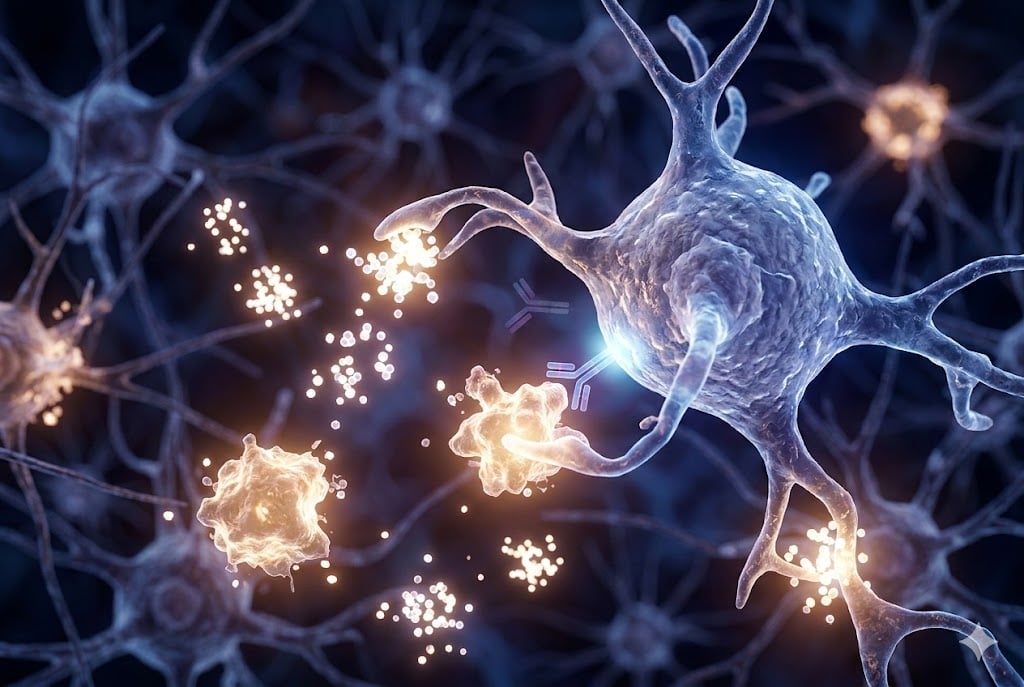
Blood Test for Alzheimer’s Predicts Future Cognitive Decline
BREAKTHROUGH: Researchers have developed a blood test that can predict the risk of future cognitive decline and Alzheimer’s. The test checks levels of a fragment

BREAKTHROUGH: Researchers have developed a blood test that can predict the risk of future cognitive decline and Alzheimer’s. The test checks levels of a fragment
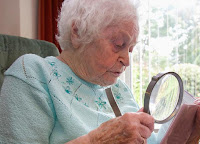
VIDEO + ARTICLE: Alzheimer’s is difficult to diagnose, but researchers now have a promising new screening tool, using the window to the brain: the eye.
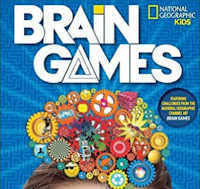
HEALTH VIDEO + ARTICLE: BRAIN EXERCISE can cut the risk of Alzheimer’s, according to research. See how. Find out about three ways to lower your
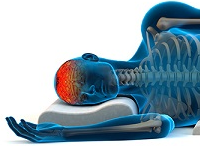
SLEEP RESEARCH: The brain’s glymphatic pathway clears harmful wastes, especially during sleep. Stony Brook researchers show this lateral position could be best for the brain-waste

VIDEO: Dr. Rudy Tanzi of Massachusetts General Hospital and the Cure Alzheimer’s Fund explains the latest progress on Alzheimer’s treatment — and prevention. Watch now.
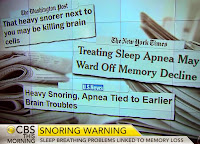
VIDEO + ARTICLE: A new study linked heavy snoring or sleep apnea to early memory loss and Alzheimer’s. However, people treating sleep breathing problems with

MAYO CLINIC VIDEO: Do brain games help those living with Alzheimer’s disease? Dr. Ronald Petersen, director of Mayo Clinic’s Alzheimer’s Disease Research Center says engaging

RESEARCH: A huge analysis of 323 studies sums up what you can do to help yourself avoid Alzheimer’s. Check out these lists of ways to
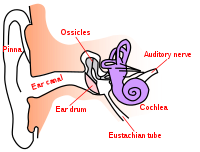
VIDEO + ARTICLE + APPS: A NEW STUDY finds that cognitive impairment begins in the earliest stages of age-related hearing loss — when hearing is

NEWS: Although it’s normal for brainpower to decline as people age, studies show it’s not inevitable. Some people stay sharp into their 80s, 90s, and
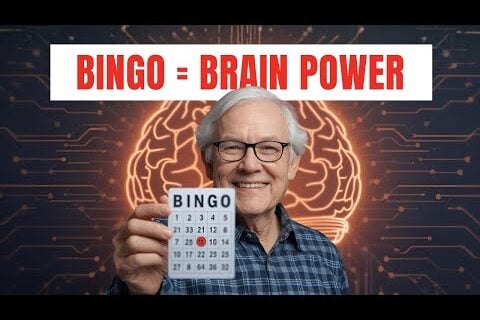
VIDEO+ARTICLE: Multiple studies affirm bingo exercises attention, memory, and social connection all at once. Learn about its small but meaningful role in dementia care—when used the right way.
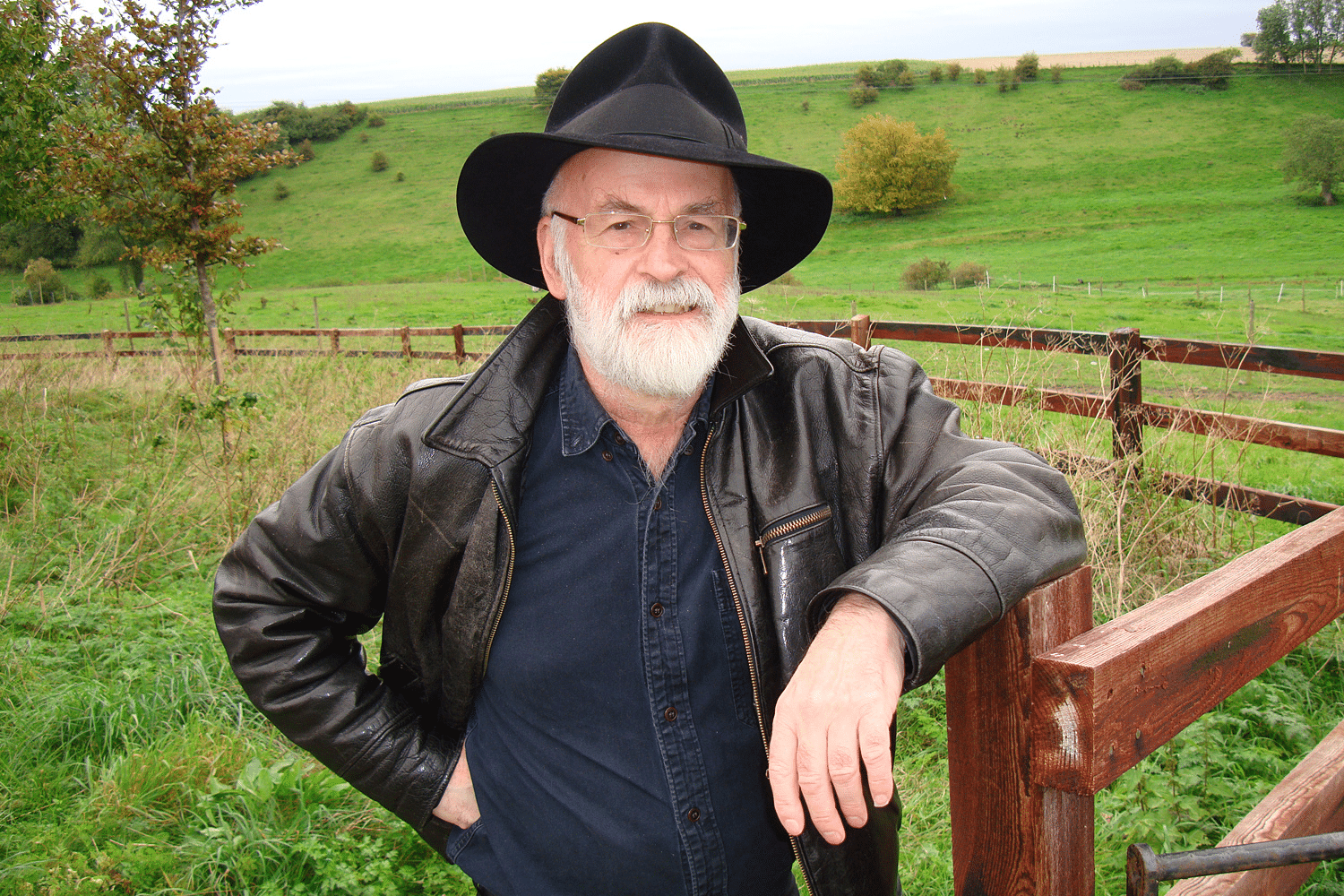
Posterior Cortical Atrophy, or PCA, is a specific form of Alzheimer’s that affects the back of the brain.
Author Terry Pratchett was diagnosed with it.

New evidence suggests genetics—not geography—may explain why Leqembi causes fewer ARIA brain side effects in parts of Asia, and what that means for families everywhere.

Bringing art and creativity into elder care settings helps families reconnect with loved ones who have dementia. In this moving talk, Anne Bastings shares how.

When a hurricane hits Florida — or anywhere that has a very large population of people with dementia, there are special preparations that should be made by those living with dementia. Check these dementia-in-a-storm readiness lists.
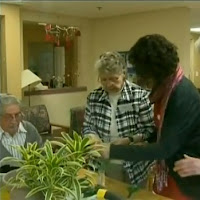
In gardening, people with Alzheimer’s grow fresh plants along with better thinking. It’s a pleasant way to make things easier.

The co-founder of a caregivers’ organization introduces technology he has found helpful in caring for his grandmother with dementia.
No spam, only news and updates.
